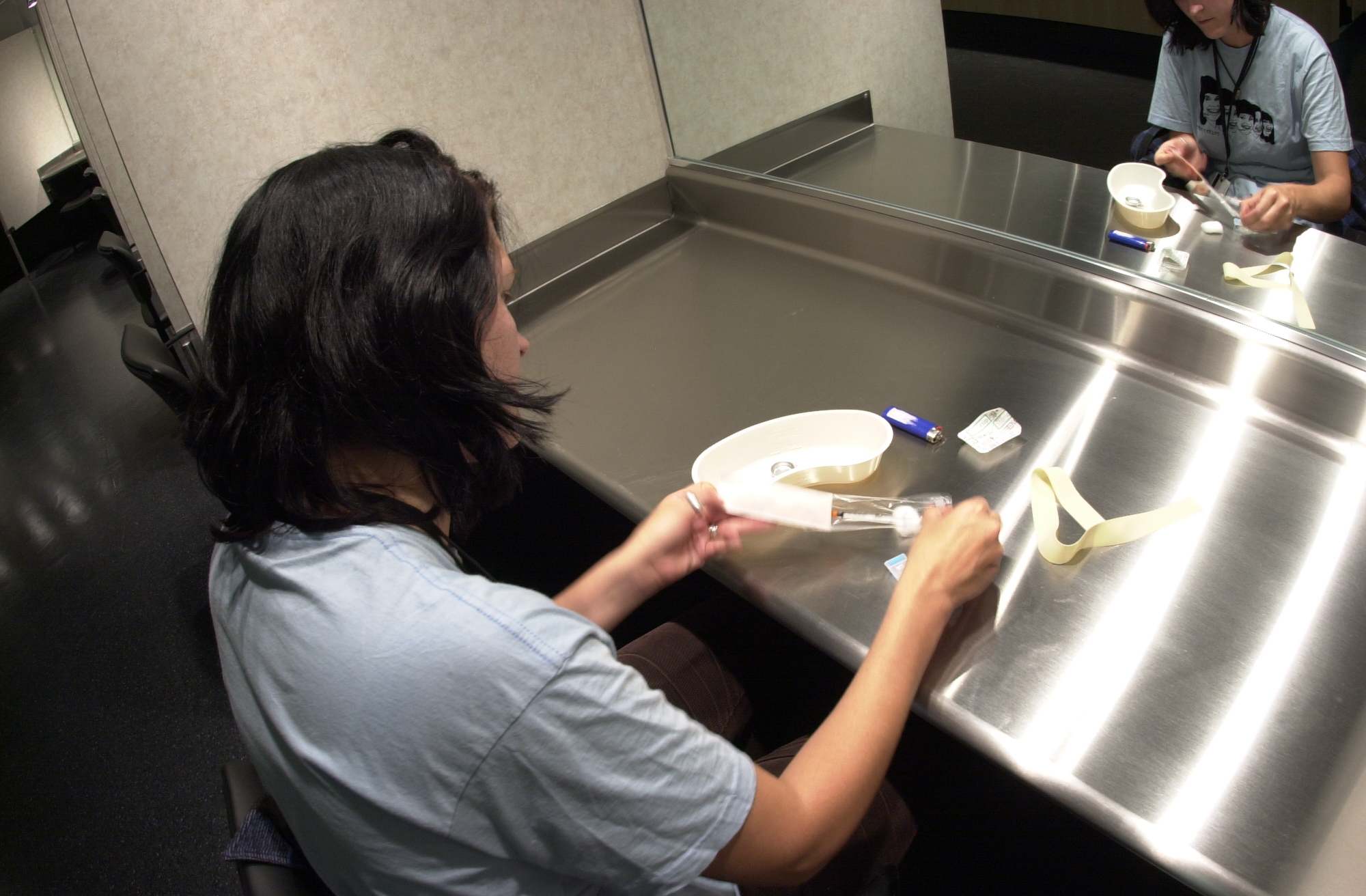Seattle City Councilmembers Kirsten Harris-Talley and Mike O’Brien proposed big changes to the city budget on Thursday morning, unveiling a plan to tax the largest Seattle businesses in order to pay for long-term housing vouchers, public housing development, and services for people living outdoors.
“The problem [of people living outside] is getting worse and worse every year,” said O’Brien, who was joined by representatives of the Housing for All Seattle coalition. “Mayor Murray declared a State of Emergency two years ago, and what we’ve seen is the crisis around housing and homelessness continues to grow at a pace faster than what we’ve be able to address. Without a significant increase in investments, we’re going to continue to lose ground…and somebody’s got to pay for it.”
The pair call their plan HOMES (Housing, Outreach and Mass-Entry Shelter). HOMES would raise up to $24 million annually through a head tax on the city’s biggest businesses. Both credited Councilmember Kshama Sawant for proposing a head tax previously. The proposal lays out three goals for addressing the housing/unhoused crisis:
– Increasing the number of 24 hour shelters and additional safe zones for vehicles to help stabilize people in need;
– Increasing outreach and assistance, such as the expansion of the nationally recognized Law Enforcement Assisted Diversion (LEAD) program;
– Creating more permanent housing options—including rental assistance vouchers—for those making 0-30 percent of area median income.
O’Brien said that these rental assistance vouchers must last longer than the three-to-nine month vouchers currently offered by the city’s Rapid Rehousing program. “The benefit of the vouchers is we can deploy those immediately,” he said, instead of waiting for new housing to be constructed. In some cases, he said, the vouchers may need to continue for a person’s entire life.
The tax would amount to 4.8 cents per hour, per employee—for a total of about $100 per employee per yer—at firms that gross more than $5 million, according to the councilmembers. That would affect the top 10 percent of the highest-grossing businesses in Seattle. The proposal would generate up to $24 million annually.
Harris-Talley underlined that the tax will not apply to businesses that gross less than $5 million annually. “The bodegas in your neighborhood will not be impacted disproportionately by this,” she said.
According O’Brien, $5 or $6 million of the annual tax revenue will go to 24-hour shelters, safe lots for car campers, and outreach programs such as LEAD. About $18 million will go to rent vouchers and public housing development. (Because it’s not yet clear exactly how large the tax base would be, these are ballpark figures.) Harris-Talley emphasized the fact that it’s an annually renewing tax, not a one-off. The revenue it generates, she said, “is going to be sustainable every year—that’s an important piece. This thing where we bring in dollars at one time and we think we’re going to be able to solve it and stay on top of it without having sustaining dollars, this also solves that problem.
“There isn’t anything new or shocking about this,” she said. “If we want to solve problems, we need resources.”
Asked whether the head tax could backfire by driving businesses and thus jobs out of Seattle, Harris-Talley said, “Quite frankly, the city gives folks a lot of incentive to be here. [Big businesses] are already here. There’s a lot of infrastructure that’s already been built by this city, and there’s no reason they shouldn’t have the opportunity to give back to the folks who are impacted by those changes.”
“Seattle is heavily dependent on one employer right now, in a way that is not good for any of us,” added O’Brien, referring to Amazon. “It’s healthy for us to have some growth come from some other sectors…Frankly, I don’t know that Seattle can sustain the kind of growth that Amazon has put into our community.”
Among the organizations that have joined Housing for All Seattle are Tech Workers Coalition Seattle and Tech Solidarity Seattle. Jeffrey Atkinson is a member of both. “When you look at what would really drive jobs and business out of Seattle,” he said, “it would be a dysfunctional city that can’t provide the services its residents need.” Given the tens of thousands of dollars that big tech companies often spend finding and hiring new talent, Atkinson said, an extra tax of $100 per employee per year shrivels in comparison.
Asked what will happen if this proposal fails and the status quo remains, O’Brien replied, “There’s a high likelihood that we’re not going to reach any of the goals in Pathways Home.” He referred to former mayor Ed Murray’s plan, based on recommendations from consultant Barbara Poppe, to improve Seattle’s homelessness response and affordable housing stock. “That program does a bit of reshuffling deck chairs,” said O’Brien, “but ultimately if there’s not more housing on the back end, we can’t address this crisis. If there is not more shelter that people can go into—and they may need to be there for multiple years—if we don’t have the housing, it’s not going to solve the crisis.”
Seattle Metropolitan Chamber of Commerce president and CEO Maud Daudon responded to the HOMES proposal Thursday afternoon, calling it “immoral” and “backward.” ““We need to invest our resources wisely toward solutions that work, instead of pursuing a new tax on jobs,” she said in a written statement that criticized O’Brien and didn’t mention Harris-Talley. “This is not a resource issue. It’s a matter of political will.”
The HOMES proposal will come up in council budget deliberations, which begin at 10:30 a.m. on Monday, Oct. 16.
cjaywork@seattleweekly.com
This post has been updated.








